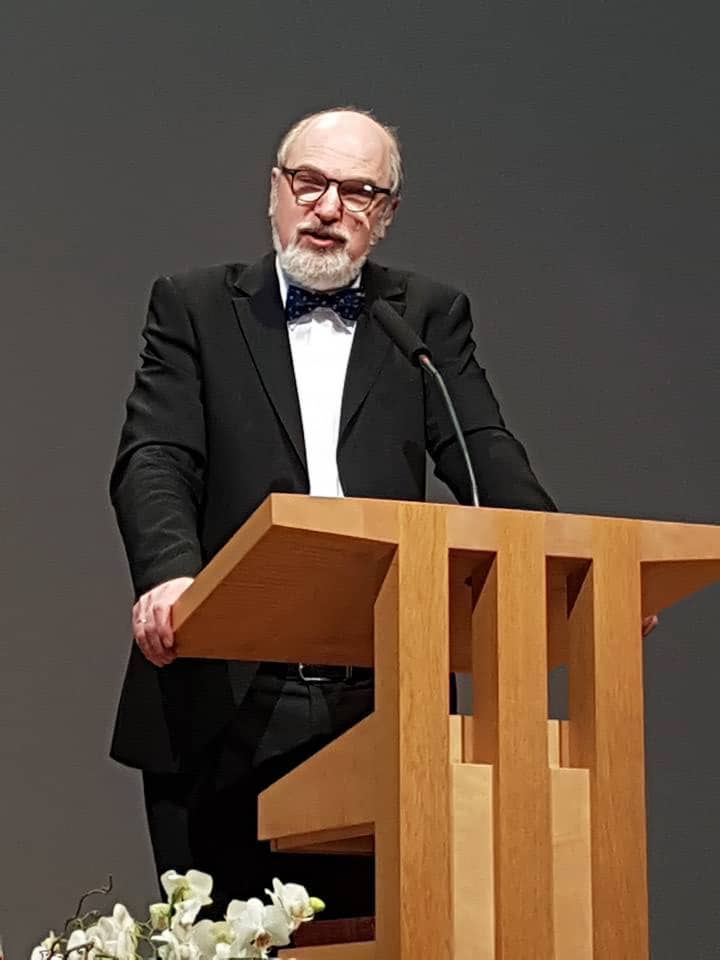Yei, South Sudan
The problem here isn’t that Muslims are killing Christians or Christians are killing Muslims: it is that Christians are killing Christians.
While border disputes defining national boundaries between Sudan and the new Republic of South Sudan continue, troubling to this new and fragile African nation are killings and child kidnapping.
Sudan, before July 2011, was the largest African territory. Struggling to rule its sharply divided Arab/Muslim majority (mostly living in the north) and Black/Christians (mostly living in the south), more than two and half million were killed in two civil wars.
In recent days, George Clooney, traveling in forbidden territory, highlighted the continued bombings and killings by the Sudanese military of citizens of South Sudan. Unable to agree on where the two countries divide territorially and how they will split oil resources, killings stayed renewed between the two.
What surprised the Christian community was the hostility and killing between tribes, primarily in the state of Jongeli. Triggering these killings is the age old problem: cattle rustling. Cows, the ultimate measure of personal worth, are the igniting point. While estimates are hard to confirm, up to three thousand South Sudanese have died in the past number of months from this internal conflict.
Nomadic, the tribes (including the Dinka, Bor, Lau Nuer and Anyuak) are rooted in centuries-old culturally engrained habits and ago-old resentments. Cattle, here defines life and shapes their sense of well being. This finds its way into the most central of tribal life – marriage. Who decides who will marry whom? matters. But possibly more important, what will my daughter fetch? Dowry is the arbitrator.
The power of dowry is extraordinary. An average family may have 25 cows. The daughter, to be married, is valued based on two factors: her characteristics—height for example: with some tribes, the taller the more elegant and therefore more valuable—and the ability of the groom’s family to pay. It was reported that the President’s daughter, in a recent marriage to an Ethiopian, received a dowry of 300 cattle.
Translate that into dollars and its value is obvious. A cow sells for 25 to 40 thousand Sudanese pounds, or up to $1,250 per cow. Dowries, paid by poor families or rich, vary from 25 to 100 cows. While no money changes hand, and the dowry can be paid over time, accessing cattle becomes a prime concern among young men wanting to build up their herd. Also cattle rustling for some, is a part of a young man’s right of passage; looting another tribe’s herd helps demonstrate his manhood. Linked to robbing and its retributive action of killing, is child kidnapping. Kidnapped they become slaves, herding and protecting cattle.
Bishop Taban of the Evangelical Presbyterian Church of South Sudan called together tribal chiefs, elders, government officials and pastors to the Jongeli Peace and Reconciliation Conference, hosted by the World Evangelical Alliance, the world association of some 600 million Christians.
None disagreed that peace is better. All affirmed Christ’s call to “love your enemy.” Commitment to these values were loud and instant. Answers were less clear. Like many African countries its infrastructure is under resourced caught in centuries of tribal identity, ingrained attitudes and deeply rehearsed mores and expectations.
I listened to their stories, felt their sorrow, noted their analysis and wondered as to their solutions. While the nation is fragile and new in its government, leaders such as Bishop Taban are key to finding resurrection-like initiatives. Taban, a civil engineer, is tall and imposing in presence. Energetic, charismatic in public speaking, his entrepreneurial skills has expanded his congregation in Yei to run schools, an orphanage, businesses (including a trucking firm) with a vision to open a university. In his passion for Sudanese to exercise their ability in dealing with their social, religious and economic matters, he pressed the attendees to begin small. He used his life as example of how they could build enterprises in the troubled state of Jongeli — such as rice farms along the flooding region of the Nile.
What will it take? Missions have been active here for years. In the 1800s Christian missions—both Roman Catholic and Protestant—were rooted in the south. Today while many practice tribal religions, Christian faith is accepted as the common point in beginning this attempt to secure a peace.
Outside help is needed to secure life for their communities and a promised future for their children. Big ideas such a roads require major input from others. Health, education, creative training in agriculture and husbandry are on the top of a to-do list, tough and daunting enough to stretch big-thinking philanthropists. Heroic efforts of church and ministry agencies, spotted about the countryside are powerful testimonies to what can be done. Surely more of this is needed. The culture is respondent to Christian initiatives. They understand faith language, but the engrained culture and collective memories are hard to crack. While in some countries, governments put in place policies to keep Christian agencies out, South Sudan is open and willing. No visas, bound up in red tape are required.
There is a “however” and it is this: their soil of development will lay barren until they themselves sufficiently want change and transformation. Finding ways to bring about peace is the formidable task for us all: tribal leaders, NGOs, church and political leaders.
Investment boards of companies, strategy committees of mission agencies and men and women looking for a place to make a difference, may want to consider South Sudan. Handsome, tall and dignified—though old in civilization and desperate to find their way in this world—this people, making up the newest nation on planet Earth, need our attention if they are to remake swords into ploughshares.
Brian C Stiller
Global Ambassador
World Evangelical Alliance
Visit the special page on the South Sudan Tribal Peace Conference
Related Article
> WEA, South Sudan and Tribes Discuss Ending Violence in Embattled State
> WEA to Host South Sudan Tribal Peace Conference on April 1-3, 2012





Stay Connected